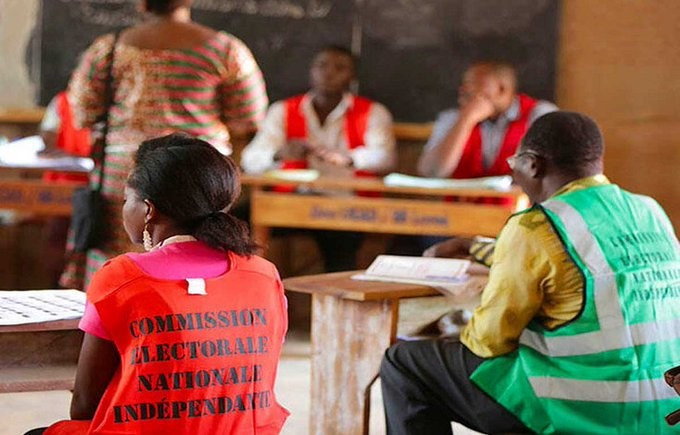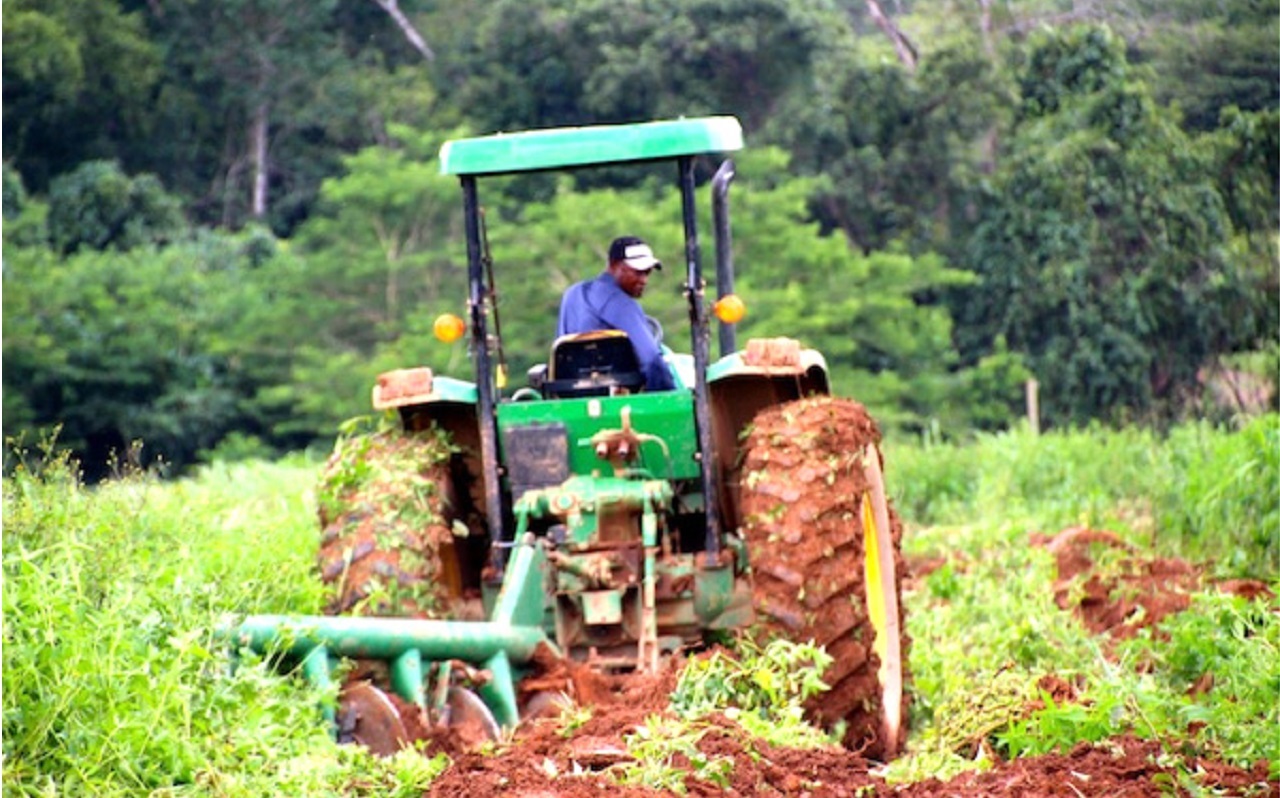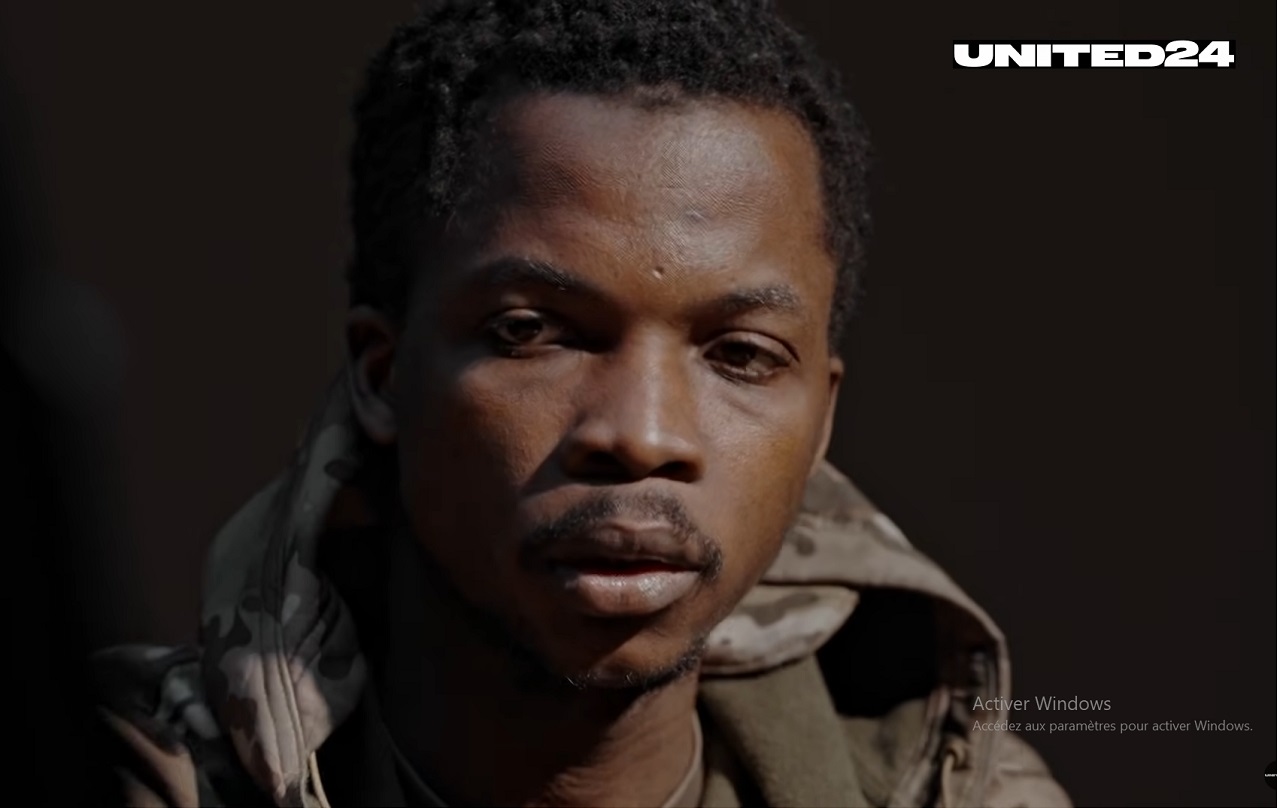The Patronat de la Presse Togolaise (PPT), the national press union of Togo, has strongly condemned the police’s forceful arrest of journalist Albert Agbeko, Director of the news site TogoScoop, who was covering voter list revision operations in Tsevié, approximately 35 km from the capital Lomé.
In a press release dated April 9, the PPT denounced what it called a “grave attack on press freedom”, after Agbeko was reportedly detained manu militari—with force—by police at the request of officials from the Independent National Electoral Commission (CENI). His offense: taking photographs of the voter registration process, an activity the PPT insists is not prohibited.
The union expressed outrage that the journalist was “forced to delete all photos, even those in the recycle bin of his camera” and criticized the silence of CENI on the incident, calling it “astonishing” in the face of such a violation.
“The Patronat de la Presse Togolaise denounces this latest assault on press freedom in Togo,” declared PPT President Honoré Kokouda Adontui in the communiqué. He further lamented that the Togolese police continue to operate with a “prehistoric” approach to securing electoral activities, despite multiple workshops with journalists aimed at improving cooperation during such events.
The union called on authorities, particularly those responsible for internal security and civil protection, to urgently “review the framework for the safety and protection of journalists in the field.”
The PPT also reminded stakeholders that voter registration is a public process, and that barring journalists from covering it constitutes “a serious violation of press freedom.”
In a final note, the organization urged media professionals to remain “cautious and vigilant” while reporting in the current climate.
The incident comes as Togo undergoes a revision of electoral rolls ahead of the 2025 municipal elections, a process now receiving opposition parties’ support, as it aligns with the country’s former constitutional framework—unlike recent senatorial elections contested under last year’s controversial constitutional reform.
Togolese press union decries journalist’s “manhandling” during electoral coverage





